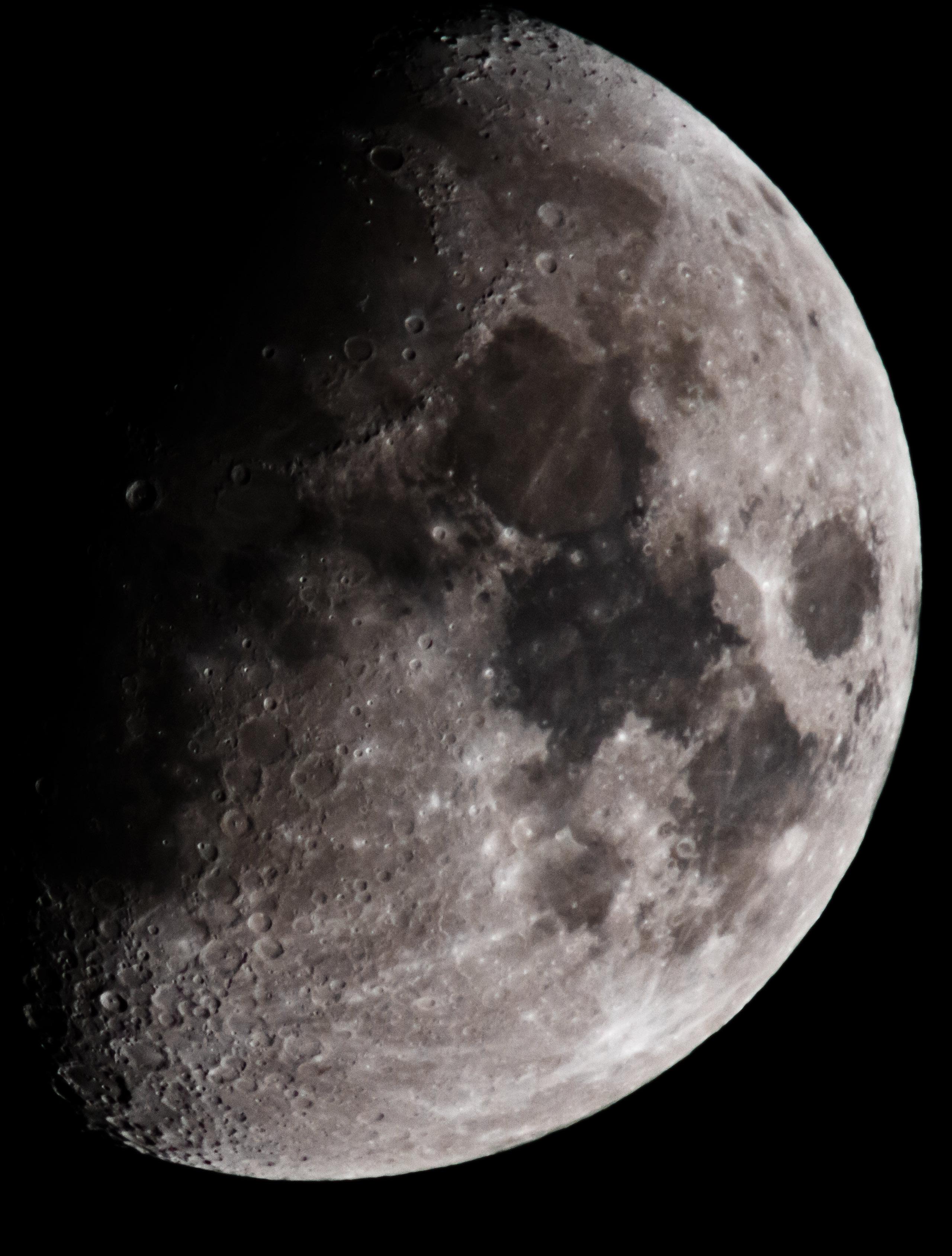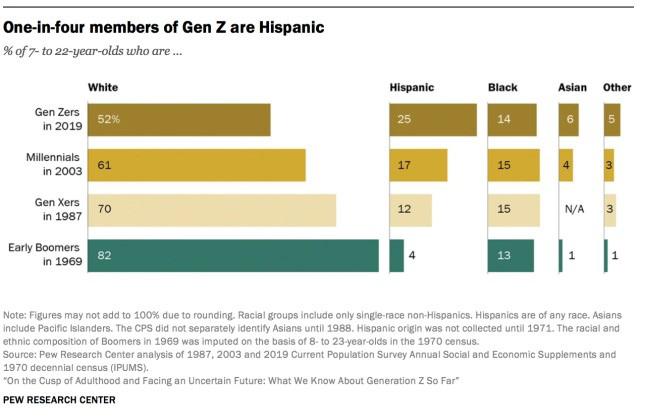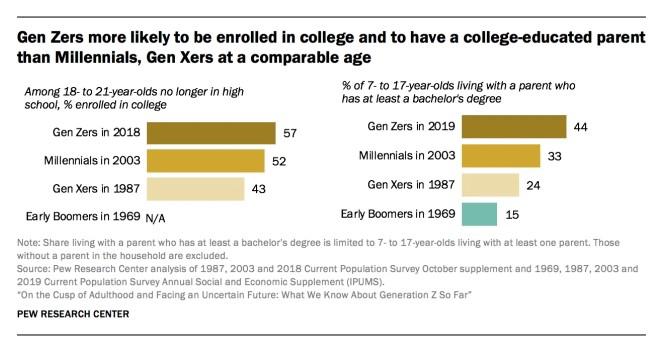
11 minute read
National Moon Day July 2021
National Moon Day July 2021: History, Significance of The Day And Why it is Celebrated in the U.S.
National Moon Day is celebrated on July 20th to commemorate the day the first man landed and walked on the moon in 1969. NASA has reported this incident to be one of the greatest technological advancements of the human race.
The day is July 20, 1969, and Apollo 11 lands on the moon carrying the first humans to the moon. After six long hours, American Neil Armstrong stepped onto the lunar surface. Neil spent two and a half hours outside the space ship and soon after Edwin “Buzz” Aldrin soon followed being the second person to land on the lunar surface. Both Armstrong and Aldrin collected 47.5 pounds of lunar material. Their specimen from space has contributed greatly to what we know today about space.
All along, a third man was waiting in the command module, pilot Michael Collins and waited for Aldrin and Armstrong until they returned.
THE HISTORY OF NATIONAL MOON DAY
The space visit took place after the national goal announcement by President John F. Kennedy to send a man to the moon by the end of the 1960s. This idea to send men to the moon started when the then-president Kennedy appealed to a special joint session of congress in 1961, stating “I believe this nation should commit itself to achieve the goal, before this decade is out, of landing a man on the moon and returning him safely to Earth.”
The proposal to the Congress came at a time when the united states were at a head-to-head war with the Soviet Union in advancements in space exploration and since it was during the time of the cold war, the proposal was welcomed. The First mission was initiated by NASA and was unmanned after five years of effort and hard work by their international team of engineers and scientists. The first mission served as a testing phase for the structural resilience of the launch spacecraft vehicle.
At 9:32 A.M. on July 16, 1969, the first manned mission to space was launched and the whole world witnessed the take-off from the Kennedy Space Center with the three astronauts on board. Neil was the commander of the mission. After three days of space voyage, Apollo 11 entered the lunar orbit on July 19. The lunar module, Eagle disengaged from the main command module the next day and was manned by Armstrong and Aldrin. When Eagle landed on the lunar surface, Armstrong radioed his historical message to Mission Control in Houston, Texas: “The Eagle has landed.”
At 10:39 P.M., Neil Armstrong exited the module and made his way down the ladder. The progress was actively recorded by a television camera attached to the module. The camera was transmitting the signals back to Earth, letting everyone witness this historical moment.
HOW TO OBSERVE THIS DAY
This is a special day as it opens up lots of activities for individuals as well as for families to explore and reminisce! This year, share your memories of the moon landing. You can set up your telescope and explore the moon’s surface. This is a special moment to rediscover the moon, start a discussion about space exploration and how it affects our world today. It is a call to study the plans for future moon landings.
1. VISIT YOUR LOCAL PLANETARIUM
To make this day really enjoyable, make a plan to visit your local planetarium. Here, you will get a chance to be up close and personal with the moon. These domed theaters with massive telescopes and project images from the starry skies will give you a spectacular feel of the objects we may not be able to see with our naked eyes. Visiting your local planetarium encourages you to learn more about space and more importantly our place in the universe.
2. PLAN TO SEE THE NEXT LUNAR
ECLIPSE
This is the perfect time to plan for your next lunar nighttime show.
Make sure to put a reminder in your calendar about the next lunar eclipse.
Sources https://nationaltoday.com/national-moon-day/ https://nationaldaycalendar.com/national-moon-day-july-20/
The Generation no one is talking about The Gen-Z will be a force to reckon with!

They are here and they are unstoppable. They may be kids, but they know a lot and that information is their power. Gen-Z are rocking the world with their activism around so many societal issues like gun control, immigration reforms among many others. Take an example of the 16-year old Greta Thunberg of Sweden. She made history becoming the youngest person to ever appear on Time’s 2019 person of the year because of her bold activism in the climate change youth movement. The case of Thunberg is not an isolated case, there are so many other Gen-Zers doing incredible things, that we never thought possible for people in their age bracket. In fact, Thunberg just lit a fire of inspiration calling on young people to participate in the “climate change strikes” demonstrably influencing world leaders to take a transformative and urgent change.
WHO ARE GEN-ZERS?
Born after 1996, the oldest Gen-Zer will be turning 24 this year and even though most are still in the minority age, about 24 million had the opportunity to vote last year. Their political influence just got started whereby the number will keep increasing steadily in the coming years, as more and more of them reach the voting age. Compared to the generation before them- millennials- who came of age during the great recession, Gen-Zers was in line to inherit a strong economy with record-
low unemployment. But all that changed with the coming of the COVID-19 pandemic that has since reshaped the country’s social, political, and economic landscape. And while most Gen-Zers were looking into the future with somewhat optimism, they now peer into an uncertain future.
WHAT DO WE KNOW ABOUT THIS GENERATION?
First, they are the ones who have suffered the most from the pandemic. According to data from Pew Research Center Survey, half of the oldest GenZer (18-23) reported that they themselves or someone in their household had lost a job or even taken a pay cut because of the outbreak. Compared to other generations, this was significantly higher because only 40 percent of Millennials reported being affected by the pandemic, 36 percent of Gen-Xers also reported being affected by the pandemic and only 25 percent of baby boomers reported being adversely affected by the pandemic. In addition, going by job security, data confirms that young workers were particularly vulnerable to losing their jobs before the pandemic as they were overrepresented in the high-risk service industry. But apart from these unique circumstances and challenges that Gen-Zers are facing today, what else do we know about this generation?
They are very different from the generations before them but so similar to the millennial generation. We know that the members of Generation Z are much more racially and ethnically diverse and maybe the most educated generation of them all. We also know that this generation is the first truly digital generation or digital natives who have very little knowledge of what the world looked like with no smartphones.
When it comes to their views on certain key social and political issues, this generation is so identical to the millennials before them. They are much more progressive and pro-government and they perceive the country’s growth in terms of racial and ethnic diversity as a good thing for the country that has over the past 5 years grown so apart! The Gen-Zers are also much more likely than the older generations to see the United States as a superior nation, according to the Pew Research Center Surveys conducted in the fall of 2018.
ETHNICITY AND DIVERSITY
The events taking place in a country have far-reaching consequences in so far as a generation is concerned. Take an example of the Millennial generation, coming of age just after the great depression, they formed frugality habits, always saving for a rainy day. In 2020, the Coronavirus pandemic and the Black Lives Matter Movement are the two era-defining moments for this generation. We saw the world come together to fight for a cause. Studies have shown that Gen-Zers represents the leading edge of the country’s changing racial and ethnic composition and make-up. A bare majority (52 percent) are

non-Hispanic Whites which is significantly smaller than the share of the Millennials who were non-Hispanic white in 2002 (61 percent). One in four Gen-Zers are Hispanics, 14 percent are Black, 6 percent are Asian and 5 percent are of some other race or two or more races.
EDUCATION LEVELS
If you look at the educational levels of the older member of Gen-Z, you will notice that they are somewhat on a different educational trajectory than the other generations. Most members of this generation are less likely to drop out of high school and more likely to to be enrolled in college. Studies show that among the 18-to-21 olds that are no longer in high school in 2018, about 57 percent of them were enrolled in college. This is 5 percent higher than the millennial generation in 2003 and 14 percent higher than the Gen Xers in 1987.
The changing educational makeup and patterns are tied to the changes in immigration, especially among the Hispanic population. Gen-Z Hispanics are less likely than millennials to be immigrants. Some studies further show that second-generation Hispanic youth are less likely to drop out of high school and more likely to attend college than foreign-born Hispanic In pursuit of education, Gen-Zers are perhaps less likely than other generations to be working as teenagers. Statistics show that only 18 percent of Gen-Zers (aged between 15 and 17) were employed in 2018. This is 9 basis points down compared to millennial teens in 2002 and 23 basis points down compared to Gen-Xers in 1986.
VIEW ABOUT FAMILY
Both millennials and Gen-Zers are very different from the older generations. Across a number of measures, their views and measures about family and societal change differ from the previous generations. Roughly, half of the Gen-Zers (48 percent) and Millennials (47 percent) say that they are okay with the LGBTQ community and that this is a good thing for society. By comparison, just one-third of GenXers agree with this viewpoint and just onequarter of Baby boomers. In addition, Gen-Zers and Millennials are less inclined to the idea that single women raising children on their own is a bad thing for society. But still, there are a few in both generations that don’t agree to say that it doesn’t make much difference.
When it comes to their own home life, their inclination reflects partly the broad trends that have for decades reshaped the American family in recent years. Data from Pew Research Center analysis of Census Bureau data show that in three in ten approximately 29 percent of GenZers live in households with unmarried parents while 66 percent of life in households with two married parents. At a similar age, about 69 percent of millennials lived with both their married parents. The share of Gen-Zers living with both married parents, both parents are in the labor force (64 percent).

Sources
https://www.pewresearch.org/social-trends/2020/05/14/on-the-cusp-ofadulthood-and-facing-an-uncertain-future-what-we-know-about-gen-zso-far-2/ https://www.researchworld.com/snapchat-generation-is-a-force-to-bereckoned-with/ https://www.forbes.com/sites/markcperna/2019/12/27/gen-z-isalready-changing-the-world-just-ask-times-2019-person-of-theyear/?sh=410ab58641e2
HOME OWNERSHIP
by Eric Lawrence Frazier MBA
Home ownership brings stability to individuals and families who have never had a dwelling place that they could call their own. There is something special about owning real estate that is unlike anything else on earth you can own.
Real Estate you own is not like cars that decay over time and you have to replace them. Real Estate you own is not like clothes that go out of style and you have to buy new ones. Real Estate you own is not like expensive vacations or experiences that only last a moment in time. Real Estate you own is not like an apartment where the landlord may increase the rent until it’s no longer affordable. Real Estate you own is not like staying at your parents house where you know can’t stay forever.
Home ownership is the beginning of wealth that increases over time and becomes your estate & legacy Home ownership is the pride of a mother nurturer and the kitchen her domain Home ownership is the pride of a father provider and protector of his territory and family. Home ownership is the foundation of permanence and the place where life happens, birthdays celebrated, deaths mourned.
Home ownership is the place you build memories that can never be taken from you. Memories etched in walls and concrete, experienced in rooms and floors, Memories living in trees and shrubs planted by your hand. Howe ownership is the manifestation of you - your style, your colors, your smell, your stuff, your junk, your memories, your yard and your spaces, your life.

It’s the height markers on your first child’s bedroom wall. It’s the hearts drawn in the concrete slabs when you pour your patio floor It’s the birthday parties, and anniversaries in the living room and kitchen. It’s the back yard barbecue with friends, neighbors and family contentions it’s the high school and college graduation, and wedding receptions Its’ the family nights and block parties and the fellowship of family connections
Home ownership
It’s more than real estate. Land, brick and mortar, wood frame construction and chicken wire. It’s more than money saved, gifts recieved and grants obtained It’s more than the debt you incur to buy it. It’s more than the payments you make to own it. It’s more than the appreciation that comes with keeping it over time. It’s memories, it’s family, and it’s life that can happen in one place Until you say it’s time to move.












